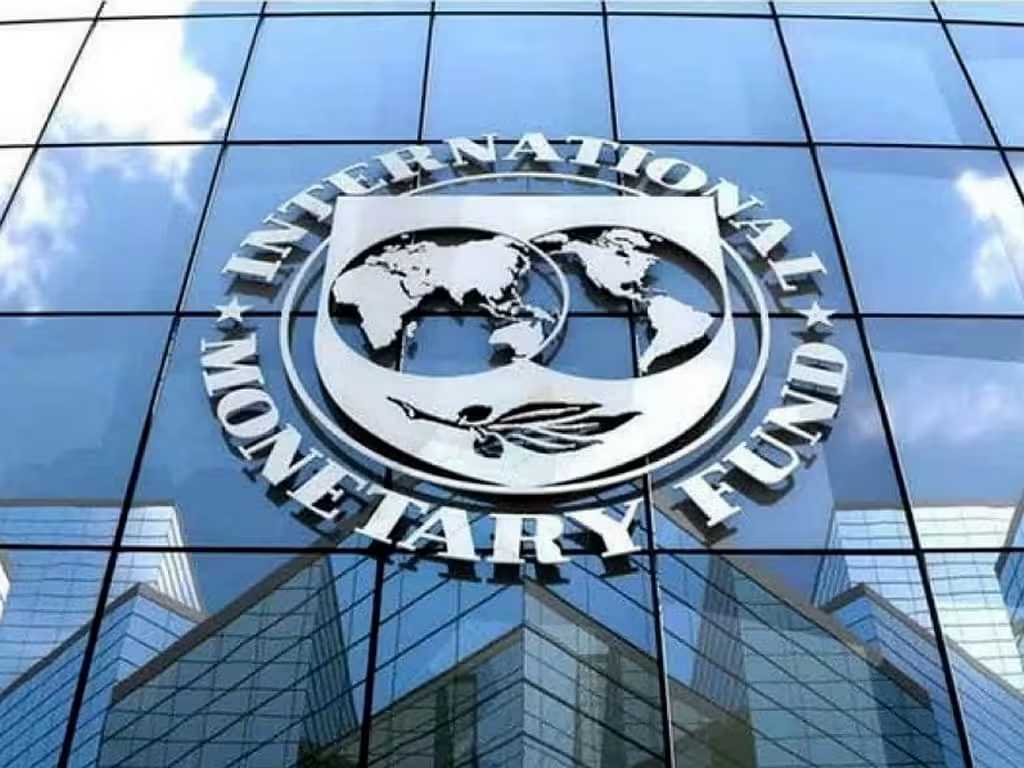|
Getting your Trinity Audio player ready...
|
The International Monetary Fund (IMF) has ignited a fierce debate with a new report calling for a significant tax on electricity consumed by cryptocurrency miners and AI data centers. Released on August 15, the report, titled “Carbon Emissions from AI and Crypto Are Surging and Tax Policy Can Help,” argues that such a levy would incentivize greener practices in these energy-intensive industries.
The IMF recommends a tax of $0.047 per kilowatt-hour for crypto mining, a figure that could potentially double if health impacts from air pollution are factored in. For AI data centers, the proposed tax is slightly lower at $0.032 per kilowatt-hour, reflecting the industry’s tendency to locate in regions with cleaner energy sources.
The fund highlights the growing environmental impact of crypto and AI, which together accounted for 2% of global electricity consumption in 2022. This figure is projected to reach 3.5% by 2025, equivalent to the current energy consumption of Japan.
However, the crypto industry has vehemently opposed the IMF’s proposal. Daniel Batten, a Bitcoin environmental analyst, dismissed the report as “misleading and poorly researched.” He criticized the IMF for conflating the energy usage of AI data centers with that of Bitcoin mining, overlooking the crypto industry’s strides in sustainability.
Batten also emphasized that the IMF’s one-size-fits-all approach fails to recognize the distinct energy consumption patterns of crypto mining and AI data centers. While both sectors are energy-intensive, crypto mining often utilizes excess or stranded energy, such as that generated by renewable energy projects in remote locations.
A January report by Coinshares supports this claim, stating that Bitcoin miners prioritize affordable energy sources, including those that would otherwise be wasted. This, according to the report, contributes to a more efficient energy grid.
The debate over the environmental impact of crypto and AI is far from over. While the IMF’s proposal aims to address growing concerns about climate change, the crypto industry argues that it is unfairly targeted and that its efforts to reduce carbon emissions are being overlooked. As the world grapples with the challenges of balancing technological innovation with environmental sustainability, this issue is likely to remain a hot topic in the coming months and years.
Also Read: IMF Pushes Back On El Salvador’s $323M Bitcoin Bet
The IMF’s recommendations have sparked a broader conversation about the role of taxation in addressing environmental challenges posed by emerging technologies. Critics argue that such a tax could stifle innovation and investment in these sectors, which are crucial for economic growth and technological advancement.
On the other hand, proponents of the tax contend that it is necessary to internalize the environmental costs associated with these industries and to create a level playing field for businesses that prioritize sustainability. As the debate intensifies, policymakers and industry leaders alike will need to carefully weigh the potential benefits and drawbacks of this proposed policy.
Disclaimer: The information in this article is for general purposes only and does not constitute financial advice. The author’s views are personal and may not reflect the views of Chain Affairs. Before making any investment decisions, you should always conduct your own research. Chain Affairs is not responsible for any financial losses.
I’m a crypto enthusiast with a background in finance. I’m fascinated by the potential of crypto to disrupt traditional financial systems. I’m always on the lookout for new and innovative projects in the space. I believe that crypto has the potential to create a more equitable and inclusive financial system.




